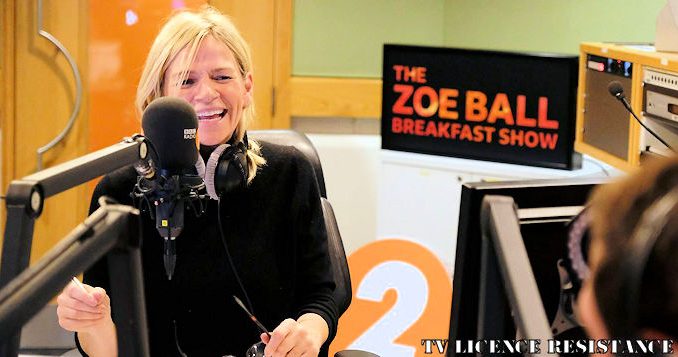
BBC Radio 1 and Radio 2 offer little that cannot be provided by commercial radio and should not be funded by the licence fee in their present form, a former culture minister has said.
Lord Vaizey, who oversaw the government’s relationship with the BBC for six years, argues that the music stations fail to deliver sufficient public service value.
The former MP, who has been given a peerage by Boris Johnson, outlines his vision in an essay for a new book: The Generation Game: Can the BBC Attract Today’s Young Audience?
He called for a reversal of planned local radio cuts and defended the public service purpose of Radio 3 and Radio 4.
The corporation spends £40 million a year on the pop music station Radio 1, and £50 million on Radio 2, the most listened-to station in the UK. Much of this goes on the salaries of DJs such as Steve Wright (£465,000), Zoe Ball (£370,000), and Nick Grimshaw (£310,000).
The commercial radio sector says the licence fee gives the BBC stations an unfair advantage over rivals such as Heart, Capital, Smooth and Kiss, which offer a similar mix of music and chat.
Lord Vaizey, who served as culture minister from 2010 to 2016, wrote: “The BBC must decide what its core services are. In the debate not enough attention is paid to BBC local radio, which carries out a vital service — there should be more, not less, investment here.
“As for national radio, it seems to me that Radios 3, 4, 5 and 6 are important, as is Asian radio. But while I love Radios 1 and 2 I still can’t see what they are doing that commercial radio couldn’t. Much of what they provide could be realised through a partnership with commercial radio, where commercial radio carried some of the very good public service content that does indeed appear on these stations.”
Lord Vaizey said: “I am aware I am straying into dangerous territory, as Ken Bruce is the most popular show in the country, but I feel things cannot carry on as business as usual.”
BBC insiders acknowledge that radio wastes money. Last month Bruce himself called for a “cull of managers”.
The Generation Game is a collection of essays edited by Michael Wilson and Neil Fowler. In the book the former Blue Peter presenter Peter Purves says he has lost faith in the impartiality of BBC news and damns its entertainment shows as “boring and uninspiring”.
In response, the BBC pointed out that Radio 1 and Radio 2 play a far greater variety of music than commercial stations — broadcasting 11,000 and 15,000 different tracks respectively last year.
A spokesman said: “Our distinctive pop stations feature more new music than anyone else, as well as a range of documentaries, specialist shows, news programming and debates. We are proud of the role they play in supporting the UK music industry, are committed to developing and breaking new artists, helping audiences to discover different genres and bringing extraordinary live performances to our listeners in a way only the BBC can.”